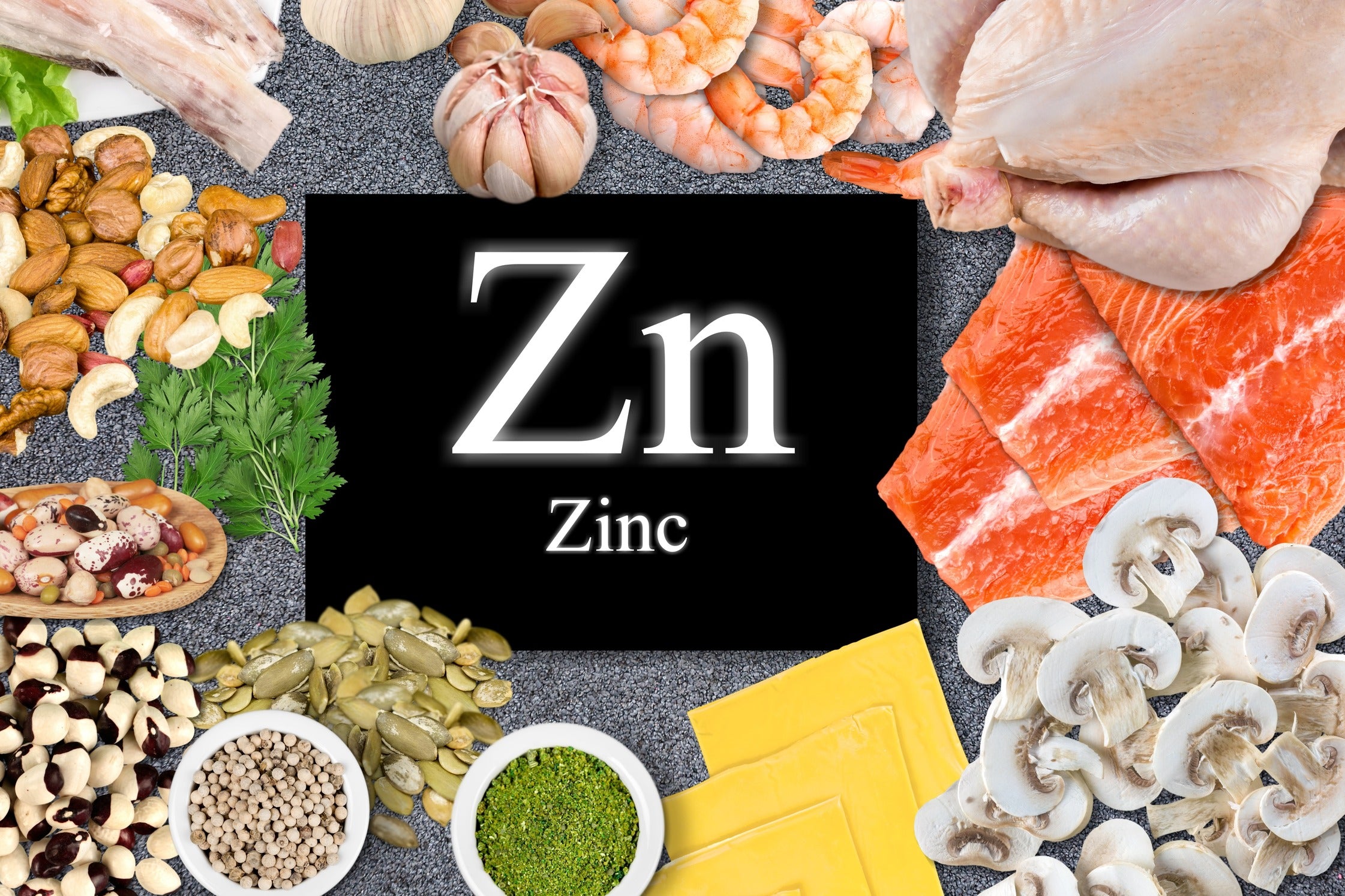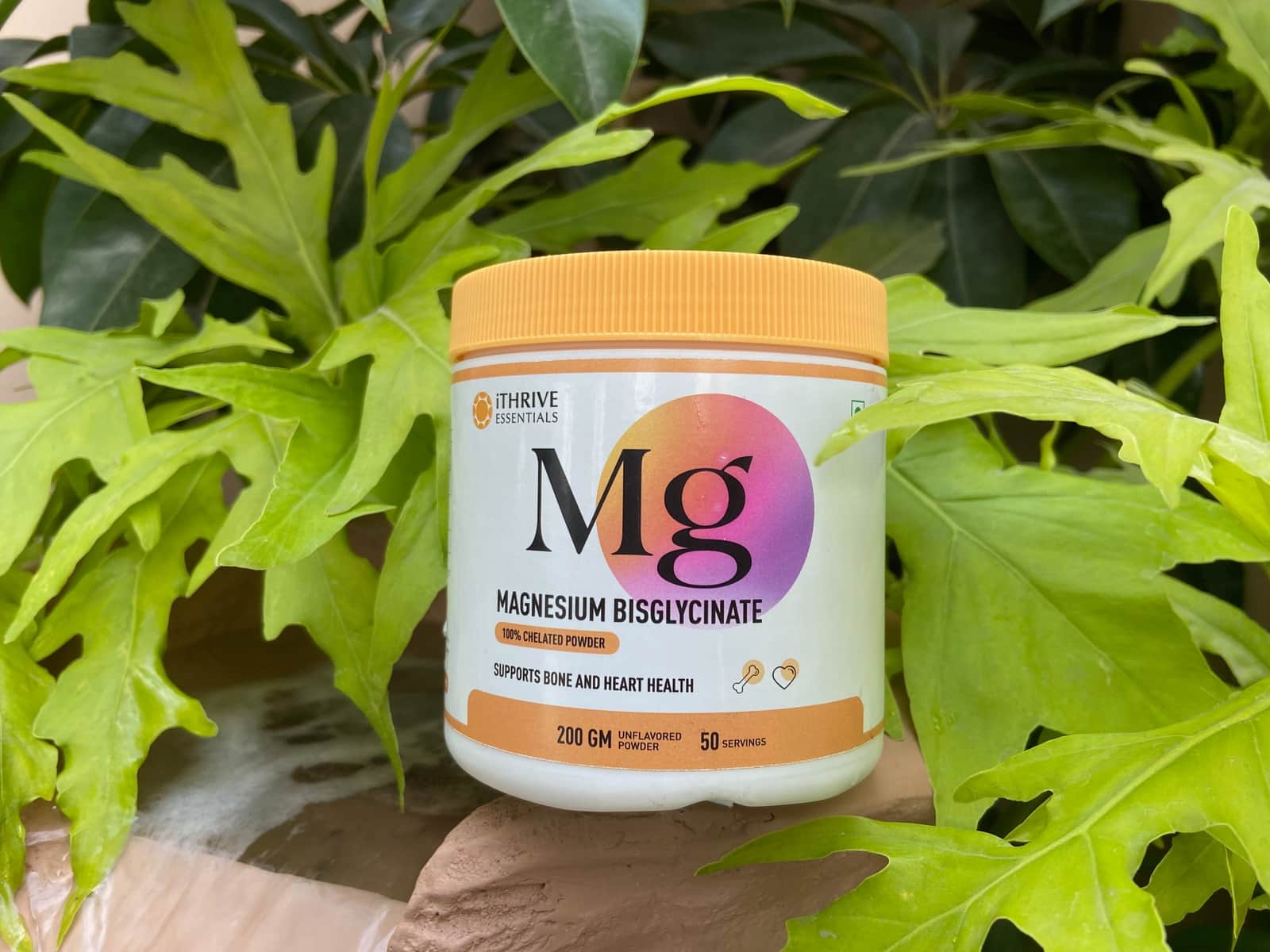
Zinc: Benefits, Deficiency, Sources and Supplementation
Zinc is one of the lesser talked about micronutrients that you must include in your daily diet. It is the tenth most common element in the body, and is vital to the functioning of more than 300 hormones and enzymes.
Lately, it has been gaining attention as an immunity booster to fight against cold and flu. However, it does way more than strengthening your immunity and has key functions in cellular activity. Zinc is an important nutrient for growing children as it is a significant contributor to skeletal, epidermal, gastrointestinal, central nervous, and reproductive health. Let’s take a deep dive into zinc and why it is an essential nutrient for the human body!
Zinc and its functions
Zinc is a trace mineral (i.e., only a small amount is needed by the body) present in many body tissues and organs, yet you need it in optimal levels to stay in good health.
1. Enzyme Activity:
Zinc is a cofactor for numerous enzymes involved in essential physiological processes. These enzymes play a crucial role in DNA synthesis, protein metabolism, and other biochemical reactions that are vital for the proper functioning of cells.
2. Cell Growth and Division:
Zinc is essential for cell growth and division. With effective cell growth, the body’s ability to heal itself increases. This in turn helps you maintain strength in skeletal and muscular systems. It is particularly important during periods of rapid growth, such as childhood, adolescence, and pregnancy.
3. Neurotransmitter Regulation:
Zinc is involved in the regulation of neurotransmitters, the chemical messengers in the brain. This role makes zinc crucial for cognitive function, mood regulation, and overall mental well-being. In fact, in many studies, high zinc levels have played an effective role in reducing depressive symptoms.
4. Metabolism of Nutrients:
Zinc plays a role in the metabolism of carbohydrates, fats, and proteins. It aids in the breakdown of these macronutrients, ensuring that the body can efficiently utilize the energy and nutrients derived from food.
5. Defends against leaky gut:
Studies have shown a strong link between zinc deficiency and the leaky gut syndrome. Leaky gut is an ailment where the intestinal lining is harmed in any way. Zinc helps in tightening the leaky gut.
6. Immune System Support:
Zinc plays a pivotal role in supporting the immune system. It is involved in the production and function of immune cells, helping the body defend itself against infections and illnesses.
7. Wound Healing:
Zinc is crucial for the healing of wounds and the maintenance of healthy skin. It promotes collagen synthesis, a protein essential for skin elasticity and repair.
8. Antioxidant Properties:
As an antioxidant, zinc helps combat oxidative stress and free radical damage in the body. This is crucial for preventing chronic diseases and supporting overall cellular health.
9. Hormonal Balance:
Zinc is involved in the regulation of hormones, including those that influence mood and stress levels. Adequate zinc levels can contribute to a balanced and stable mood.
10. Improves Male Sexual Performance:
Zinc helps in maintaining testosterone levels in your body. It is also used to help men with erectile dysfunction and boosting sperm count. Zinc is an important mineral for the growth and development of male reproductive organs.
Food Sources of Zinc
Zinc is not produced in the body, making it imperative to obtain it through our diet or supplementation. Luckily, nature has provided an array of foods that are rich in this vital mineral. Shellfish, particularly oysters, are renowned for their high zinc content, providing more than any other food source. Other seafood like crab and lobster also contain significant amounts.
For those following a vegetarian or vegan diet, there are plant-based sources of zinc as well. Legumes, seeds, and nuts, such as chickpeas, lentils, pumpkin seeds, and cashews, contribute to your daily zinc intake. Whole grains like quinoa are also good sources. Dairy products, especially cheese, are also rich in zinc.
Nevertheless, plant-based foods contain antinutritional substances such as phytates, saponins, and tannins that can impede the absorption of zinc and reduce its accessibility. The body absorbs approximately 20-40% of consumed zinc, and this absorption rate varies depending on the bioavailability present in the specific food source. Zinc from grains and plant-based foods generally exhibits lower bioavailability compared to zinc from animal-based foods.
Why is Zinc Supplementation essential for everyone?
Zinc deficiency is associated with higher infant mortality, impaired growth in children, delays in sexual maturation, infertility, and anemia. Numerous studies underscore the prevalent occurrence of zinc deficiency. Although it is a concern that is particularly pronounced among the elderly population, even young people are deficient in zinc when we look at the optimal range. To address this nutritional gap, zinc supplementation emerges as a promising solution.
Research has convincingly demonstrated that zinc supplementation plays a pivotal role in supporting various aspects of immune health. It promotes a robust immune response, mitigates inflammatory reactions, and enhances antioxidant activity within the body. These benefits are especially crucial for older individuals, whose immune systems may be more susceptible to the challenges of aging.
However, the journey from supplementation to absorption is not always straightforward. As mentioned earlier, zinc absorption can encounter limitations. That’s why iThrive adds glycine to its zinc supplement.
iThrive Essentials Zinc Defense with Copper
iThrive’s Zinc supplement is a combination of Zinc Glycinate and Copper Gluconate. Copper levels get reduced in the body with high zinc levels so we added copper gluconate to balance out the levels.
Glycinate is among the top most bioavailable forms of Zinc. The chelation process with glycine allows for better uptake of zinc in the intestines, ensuring that more of the mineral reaches the cells where it is needed. This improved bioavailability makes zinc glycinate an excellent choice for individuals with digestive issues or those who have difficulty absorbing nutrients efficiently.
Glycine, an amino acid renowned for its multifaceted roles within the body, serves as a neurotransmitter, a constituent of collagen, and a precursor to essential biomolecules such as creatine and heme. Additionally, our commitment to avoiding the inclusion of harmful fillers and additives led us to choose glycine as the ideal ingredient to fill this void.
In the journey towards optimal health, paying attention to essential minerals like zinc is a wise choice. iThrive Essentials Zinc Supplement offers a convenient and effective way to ensure your body receives the right amount of this vital mineral. Whether you're looking to support your immune system, enhance wound healing, or promote overall well-being.
Also note that, while zinc supplements can be beneficial, overconsumption of zinc can lead to zinc toxicity. To understand your body’s requirement of zinc you should consult a reputed functional medicine practitioner who can guide you on the basis of your blood reports.
References
- Office of Dietary Supplements - Zinc. (n.d.). https://ods.od.nih.gov/factsheets/Zinc-Consumer/#:~:text=Zinc%20is%20found%20in%20cells,to%20grow%20and%20develop%20properly
- Jain, R., & Dave, S. (2022b, November 1). Zinc- an quintessential nutrient. Nutrients | iTHRIVE. https://www.ithrivein.com/blog/zinc-an-quintessential-nutrient
- Zinc benefits, dosage, foods, supplements, side effects - Dr. Axe. (2024, February 19). Dr. Axe. https://draxe.com/nutrition/zinc-benefits/
- Rx, R. (2021, February 14). What is leaky gut? 3 Supplements to improve gut health. ReNue Rx. https://renuerx.com/general-health/what-is-leaky-gut-3-supplements-to-improve-gut-health/
- Zinc and sexual Health | Dr. Elist’s health blog. (n.d.). Dr. Elist, M.D. FACS. https://www.drelist.com/blog/zinc-sexual-health/
- Regulation of neurotransmitters - Zinc | Examine (2023, September 27) : https://examine.com/supplements/zinc/



Leave a comment
This site is protected by hCaptcha and the hCaptcha Privacy Policy and Terms of Service apply.